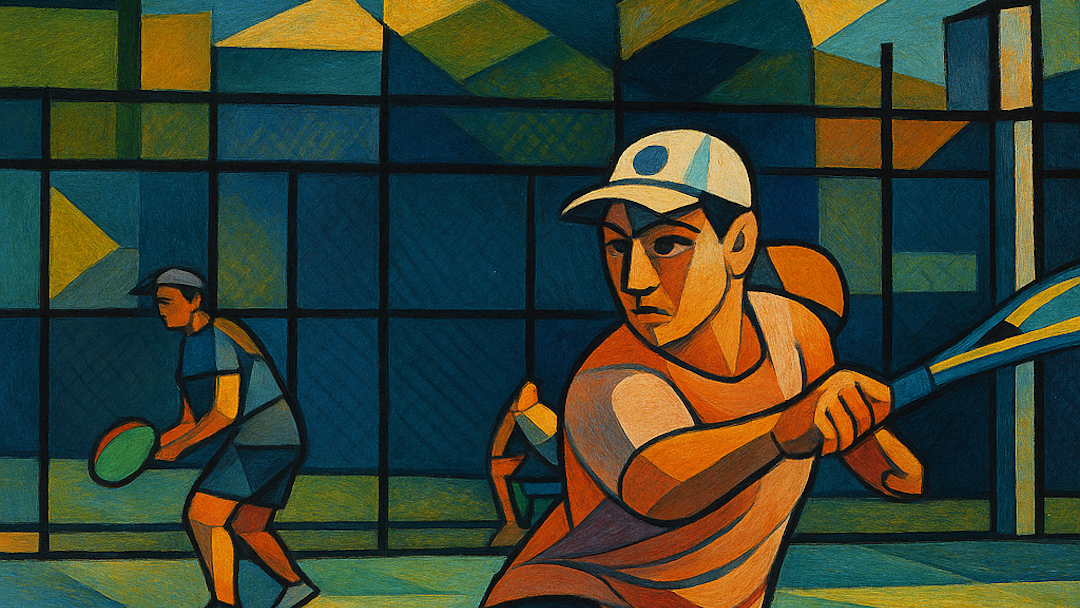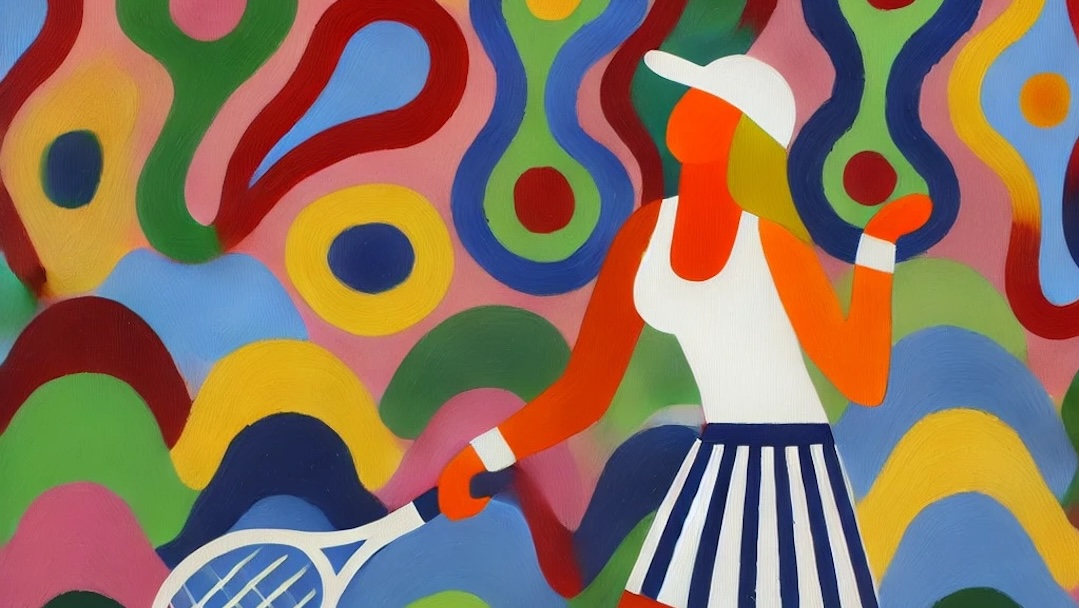Tennis Hits the Books
I am counting down the days until the release of “All In: An Autobiography” of Billie Jean King which drops on August 17. In the meantime, I am revisiting previously published books on her life. First up is another autobiography, “Billie Jean” that was published in 1974. That work captures the chaos of the early days of the WTA as well as that moment when Billie Jean arrived at the realization that she was much more than “just a tennis player.”
In 1974, Billie Jean was still married to Larry King and Billie Jean takes pains to dispel the rumors that their marriage was on the rocks. This book is perhaps best remembered as the vehicle used to directly address that she had an abortion, which had already become public knowledge. Billie Jean has never been one to shy away from controversial topics.
In the early days of the women’s professional tour, the players had to perform many of the administrative functions that are largely taken for granted. Billie Jean was personally involved in lining up sponsors for events and worked directly with promotors of tournaments. The tour was consistently in a financially precarious situation as illuminated through her experiences. It is astonishing that she was able to consistently perform at such a high level on the court given the amount of work she was also putting in to support the administrative side of event coordination.
As the first professional women’s player to win $100,000 and the #1 ranked player on the tour, Billie Jean was undeniably the star that captured public attention. That created tension in the locker room at times. Even in the early days of the tour, some felt that the top stars of the game were taking a disproportionately large share of the prize money. In many ways, that reflects the fundamental challenge of structuring compensation that still persists in professional tennis today.
Billie Jean also recounts many early challenges to the legitimacy of the tour. There was a real chance that if she lost her 1971 US Open Semifinal match against the teenaged amateur Chris Evert, that sponsorship for the professional tour would evaporate. The prospect of losing everything the women professional players had fought so hard for had her crying in the shower before the match ever started. Billie Jean pulled herself together and won. Talk about pressure.
As a person, Billie Jean kicked open a lot of doors in her career. She is best remembered for he role in creating athletic opportunities for women. This book presents a compelling argument that Billie Jean also liberated tennis from the well monied country clubs. She came from a blue collar family and her first lessons were through a parks and recreation program. The USTA “membership boom” in the 1970s corresponded to Billie Jean showing the world that tennis was a sport for the masses.
Billie Jean shares her perspective on ongoing tension with (what was then) the USLTA. As an institution, the USLTA was a body of wealthy country club tennis players that enjoyed welding power over the sport. In fact, the amateurism/shamateurism system was a mechanism embraced by the USLTA to keep tennis “pure.” Only wealthy people could afford to compete as amateurs. The dawn of the professional tour was also the point in time when tennis became a meritocracy. Billie Jean was instrumental in opening the sport beyond the elites.
We all know that Billie Jean’s story didn’t end in 1974. That is why most of the tennis world is eagerly anticipating the release of All In. In addition to the story of her life that has transpired in the interim, it will be fascinating to see her renewed perspective on events depicted in Billie Jean.
 | Billie Jean |
 | All In: An Autobiography |




BJK always one of my faves. Look forward to your take on her new book. Here’s the very short piece I wrote on her that was first published in Another Chicago Review: https://davidlinebarger.com/2021/05/07/billie-jean-king-feminist/